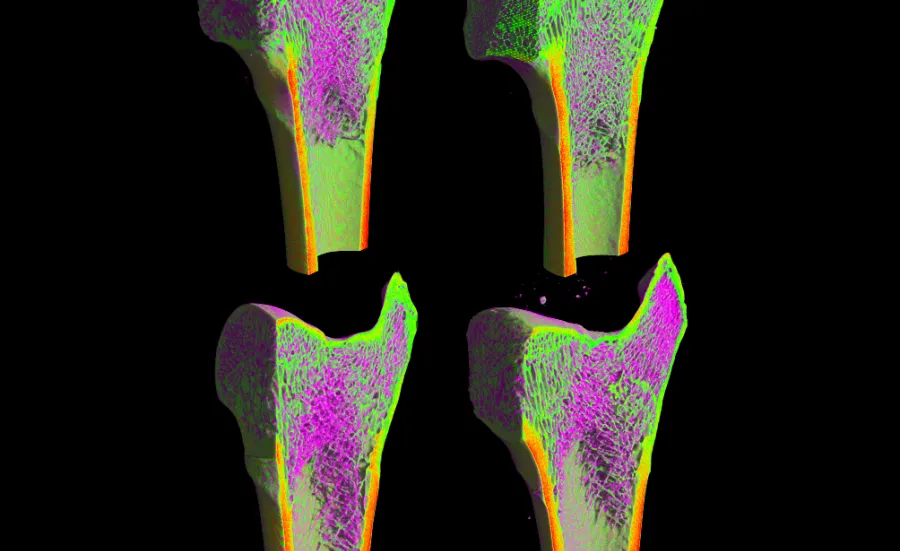Interdisciplinary Musculoskeletal Health

The University hosts a substantial interdisciplinary community of researchers working to transform musculoskeletal health across the life course.
With expertise in regenerative medicine, physiology, engineering, orthopaedics, prosthetics and orthotics, rehabilitation and assistive technologies, epidemiology and clinical trial design, we aim to improve lives by delivering improved treatments, increasing the speed to market of musculoskeletal-focused technology and training the next generation of scientists and engineers.
The population across the globe is living longer, which brings a number of healthcare challenges, especially in musculoskeletal health. The burden of age-related disease and injury is rising rapidly, having a detrimental impact on people’s quality of life and increasing the costs of healthcare provision. Loss of muscle mass and function is the leading reason for loss of independence in later life, and causes impaired mobility, falls, fractures, physical disability, increased insulin resistance and associated co-morbidities, and mortality. The number of hip fractures is expected to rise to 6.3 million by 2050 and the number of diabetic lower limb amputations has now risen to 7,000 per year in the UK and over 70,000 in the USA.
The University is working to meet these challenges by creating networks of experts working in interdisciplinary musculoskeletal health research to develop new technologies, interventions and practices that will have a positive effect on people’s lives: